
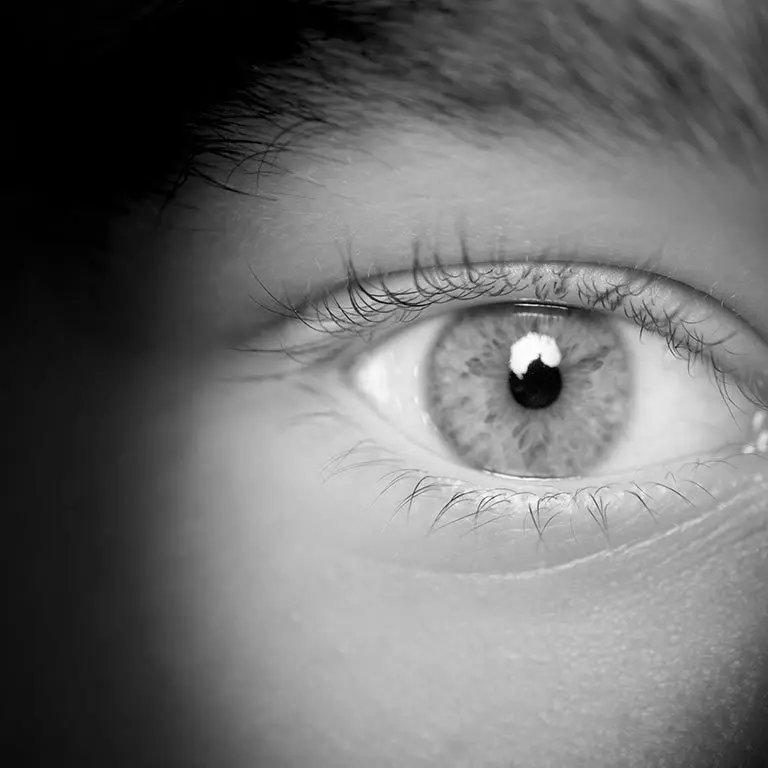



Floaters are microscopic collagen fibres in the vitreous cavity of the eye which cast shadows on the retina that we perceive as moving lines. They can appear in a variety of forms including dots, lines and cobwebs and are naturally more obvious when viewing a well illuminated, light background.
Many people find that a floater will come and go, and the condition does not usually cause any pain or discomfort. However for others, floaters can indicate a more serious condition. Therefore it’s always important to let your Laser Vision specialist know if you notice a floater. This can be done by contacting the clinic or when you visit us for your regular check-up.
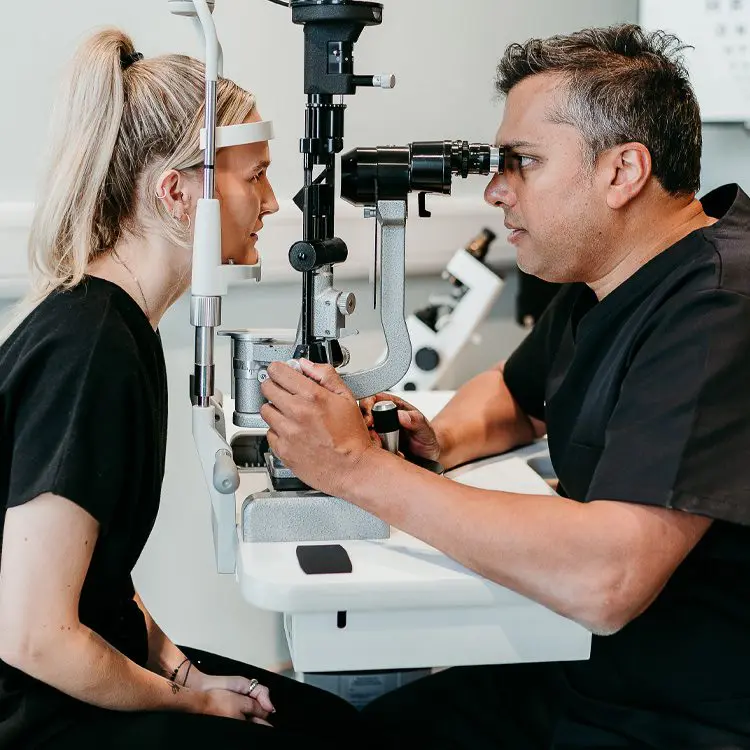
What are the Symptoms?
What are the Causes?
Age-related vitreous syneresis is the leading cause of symptomatic visual floaters. The natural vitreous body will collapse and shrink with age; culminating in a posterior vitreous detachment at an average age of 60. More concerningly, a sudden shower of floaters can sometimes indicate an acute problem with the back of the eye. In the event of a retinal tear or detachment, pigmentary cells can be released from the RPE layer at the base of the retina and / or red blood cells in the event of a haemorrhage.
It is worth noting that inflammation can produce ‘pseudo-floaters’ which appear similarly but are not derived from the vitreous gel. Inflammatory cells produced during conditions such as Uveitis will form a mobile current of moving dots in the anterior chamber of the eye.
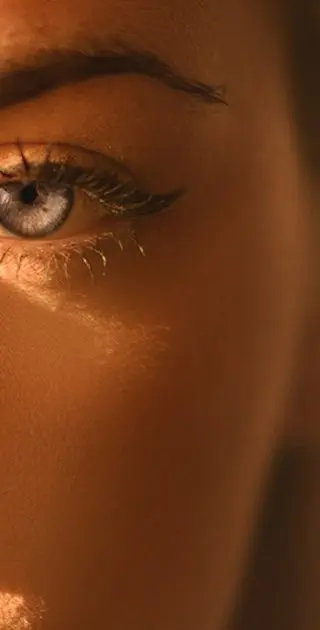
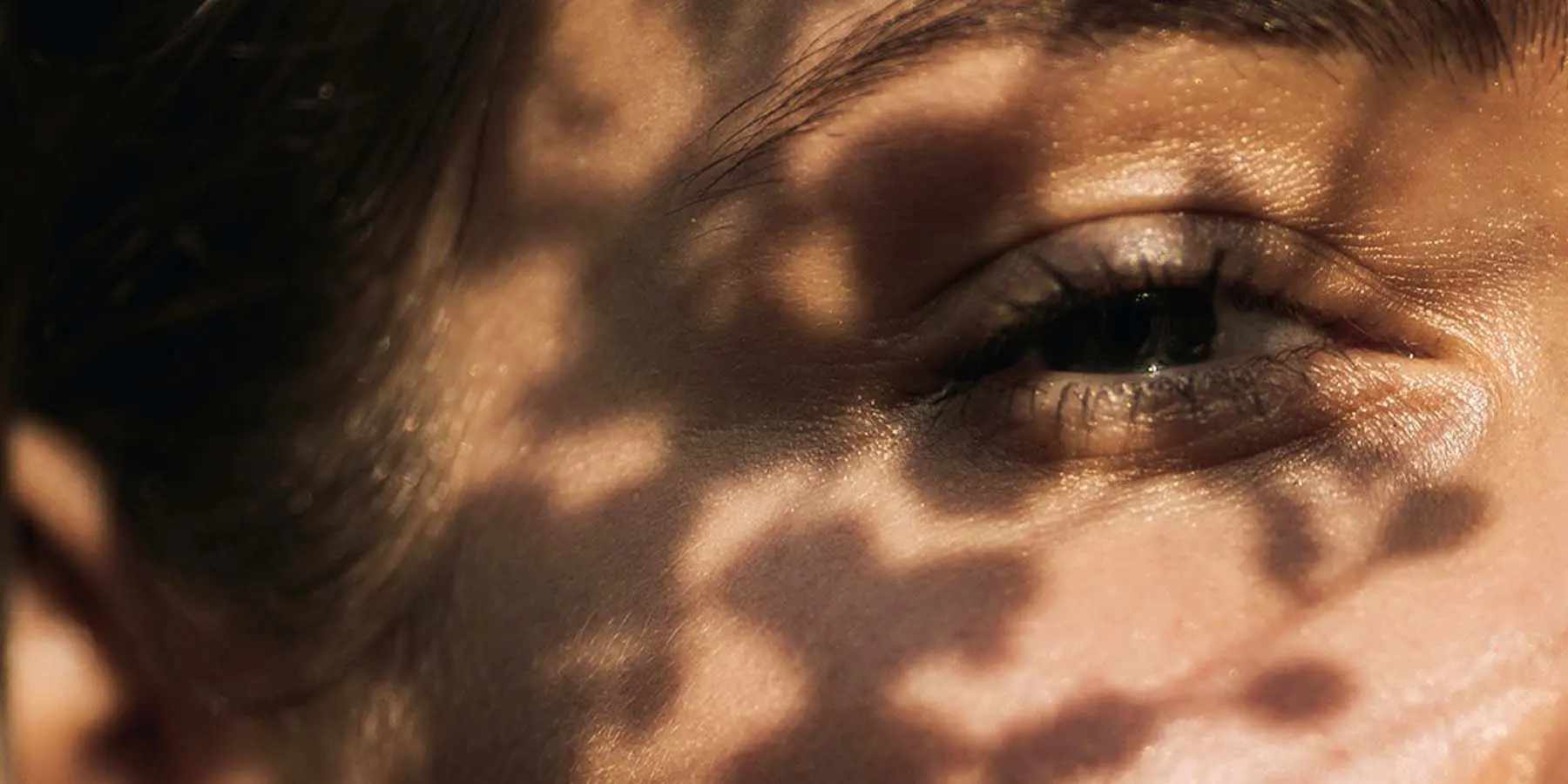
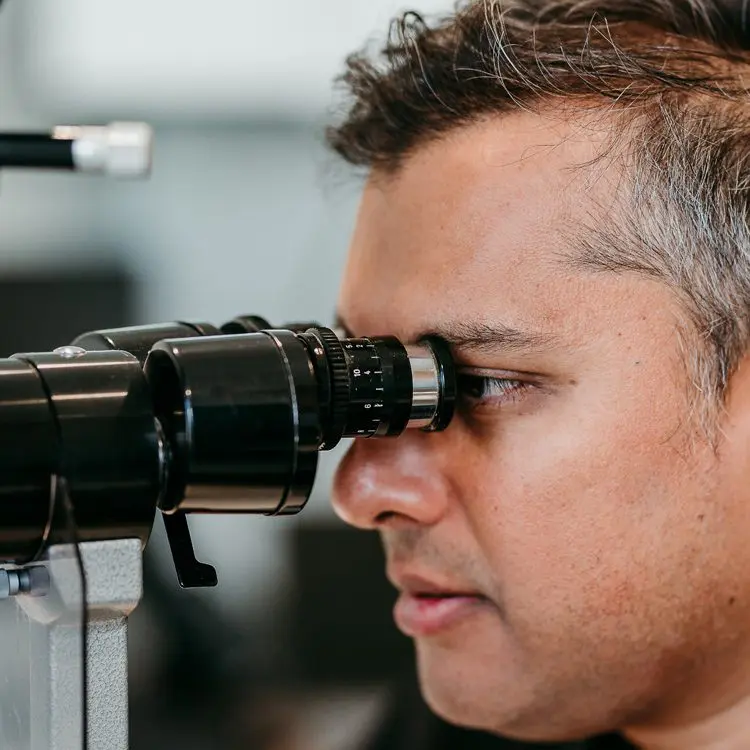
What is the Diagnosis?
Once all associated complications of your floaters have either been ruled out or treated; your suitability for treatment can be assessed. It may be appropriate to monitor your floaters if they are subtle and the quality of vision remains good. Central, large floaters can be broken into smaller and more tolerable pieces through YAG vitreolysis treatment. The alternative and more invasive treatment involves removal of the vitreous body in a procedure known as Vitrectomy. This is reserved for dense, sight-compromising floaters that are infringing upon your quality of life.


Treatment Options
Choosing the right vision correction clinic for your surgery is paramount. This is a life changing procedure after all, and you need to have complete trust in your surgeon and care team of professionals.
Our Technology
We invest in the latest equipment hand chosen by our surgeons, so that we can deliver outstanding results with the safest surgery possible.